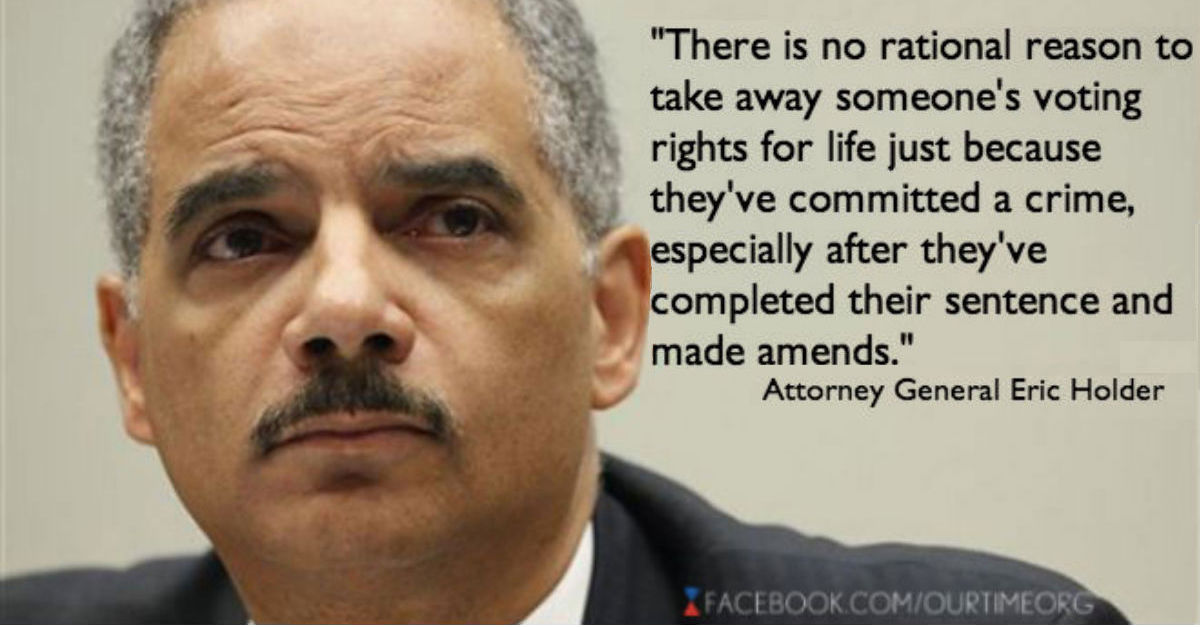This State Is Expanding Voting in an Important Way

By:
The Maryland Senate just passed a bill that would grant voting rights to ex-prisoners on parole and probation. Introduced just last month, senators voted in favor of SB340 with amendments, voting 29 to 18 in favor of it. The current law requires ex-felons to fulfill their parole and probation sentences prior to registering to vote. Supporters say that voting rights, like other rights that ex-felons get back when they re-enter the real world, help former prisoners become regular members of society again.
State Sen. Joan Carter Conway (D) streamlined the bill and explained that at least 12 states allow ex-felons to register to vote once they're out of prison and that Vermont and Maine let prisoners vote while they're still behind bars.
The bill, which heads to the Maryland House next, was opposed by some. State Sen. Michael J. Hough (R) expressed skepticism about providing this kind of freedom to people who haven't finished their sentences, "Just because you are on parole or probation does not mean you’ve completed your sentence ... This is sending a bad message." State Sen. Bryan W. Simonaire (R) was also wary of the legislation, arguing that the bill's current standing allows people who violate their parole and probation to vote even if they return to prison, "We are making a flawed system more flawed."
This is a national issue.
As noted by OurTime.org, eleven states currently restrict voting rights of ex-felons who are no longer on parole. This keeps 5.8 million potential voters out of the picture, many of whom are African American. U.S. Attorney General Eric Holder said this system “undermines the reentry process and [defies] the principles of accountability and rehabilitation that guide our criminal justice policies.” According to Holder, one in five Black voters in Virginia and Florida cannot vote because of these laws.

Sen. Rand Paul (R-Ky.) has been outspoken on this issue, a rarity for a Republican. Last month he introduced legislation that would restore voting rights to non-violent felons in federal elections.
He also testified before Kentucky's senate last year, pushing his home state legislature to relax voting restrictions that, like Florida and Virginia, prevent one in five Black adults from voting.
"In the last six months or so, I've been over to the Plymouth Community Center in the west side of Louisville and I met a lot of people there who are very smart, very bright, very articulate who told me they can't vote because [because they are felons]," Paul said to CNN last year. "I've become aware of the problem ... not just in regard to voting but also in terms of getting work."
Here is some of Paul's testimony:
